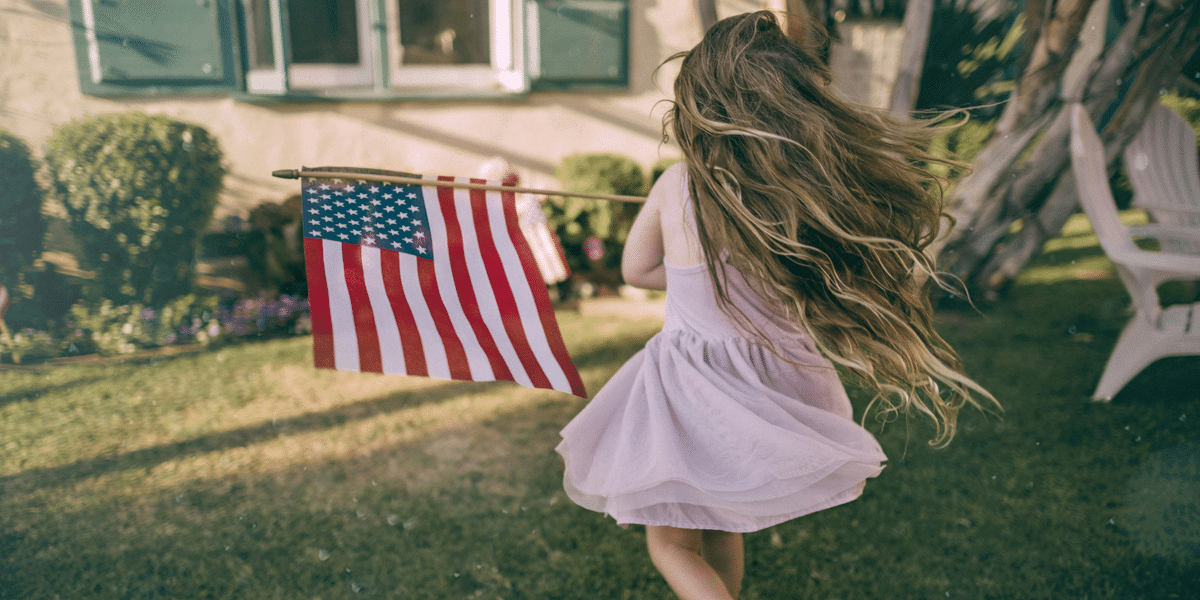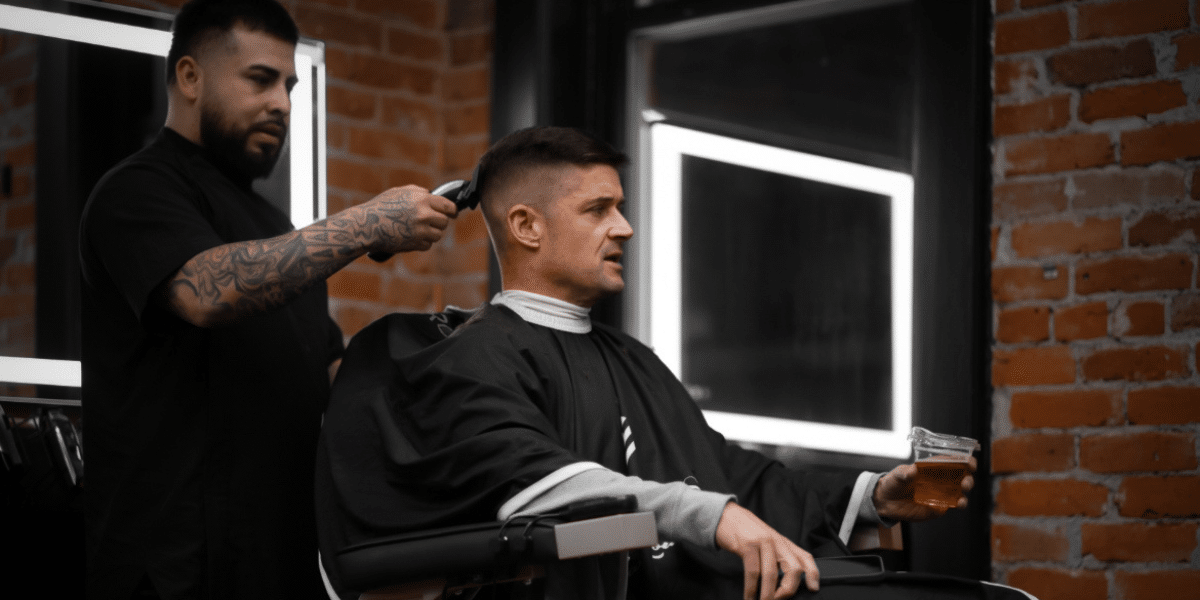By: Joshua Finley
In the digital age, social media has transformed how we communicate and share information, significantly affecting almost all aspects of life, including legal cases. In the US, the impact of social media on legal proceedings is increasingly prominent. While this article does not offer legal advice we discuss general impacts social media may have on proceedings.
Evidence Collection
Social media can serve as a double-edged sword in legal cases. On the one hand, it provides a platform for collecting valuable evidence; on the other, it can lead to complications for those involved in a case. Additionally, social media can introduce bias even after jury selection. Jurors may inadvertently encounter trial-related content online, potentially influencing their views despite court instructions to avoid such exposure.
- Potential Evidence: Posts, photos, and comments on platforms like Facebook and Instagram can be scrutinized during legal proceedings. For instance, if a plaintiff claims to be incapacitated due to an accident but posts pictures engaging in active hobbies, this can significantly undermine their credibility.
- Potential bias: Attorneys often use social media to assess potential jurors’ backgrounds and opinions, going beyond the limited information disclosed in court. This allows legal teams to make strategic decisions about juror suitability based on a juror’s digital presence. However, this practice raises privacy concerns, as jurors might not expect their online activities to be scrutinized to such an extent.
Related Case: The case of Oracle America v. Google began placing restrictions on how attorneys use information regarding social media.
Witness Testimony
Social media’s role in influencing witness testimony is notable. Even since the early days of televised courtrooms, there have been issues with swaying public opinion. Social media is an extension of this. There is a direct influence on civil litigation, reshaping the way legal professionals gather evidence and manage cases. Here are some key aspects supported by recent findings:
- Influence on Witness Credibility: Witnesses often share their thoughts and experiences related to a case on social media, sometimes inadvertently undermining their credibility. For instance, if a witness posts content that contradicts their court testimony—such as expressing confidence in an event they later claim not to remember—this can lead to challenges in their reliability.
- Locating Witnesses: Attorneys can utilize social media to locate potential witnesses who may have been overlooked. Platforms like Facebook and LinkedIn allow legal teams to search for individuals who can provide crucial testimony.
Related Case: Carpenter v. United States (2018, primarily a Fourth Amendment case regarding cell phone location data), highlights the intersection of technology and law enforcement. The case discusses how digital evidence, including social media, can track individuals and establish patterns that may influence witness testimony.
Jury Selection and Influence
The constant availability of information on social media complicates the selection of impartial jurors. Potential jurors may have publicly shared opinions, affiliations, or experiences that could reveal biases. For instance, an individual’s posts may reflect strong opinions about a particular social issue relevant to the case, which could influence their judgment.
- Researching Jurors: Attorneys often examine potential jurors’ social media profiles to uncover biases or opinions that may affect their judgment. Understanding a juror’s online persona can help legal teams make strategic decisions during jury selection.
- Influencing Jurors: Once a jury is selected, social media can impact their perception of the case. Jurors may encounter unsolicited information about the trial online, potentially leading to preconceived notions that can affect their impartiality.
Related Case: In one notable case, during the Murdaugh trial, the court had to address the issue of social media influence on potential jurors.
Public Perception and Media Coverage
Social media amplifies media coverage of legal cases, especially high-profile ones, affecting public perception and the proceedings themselves. The rapid spread of information can create a biased understanding of the events surrounding a case, as seen in instances where public discussions on platforms like X or Facebook may not accurately reflect the evidence presented in court.
- Shaping Narratives: The way a case is portrayed on social media can shape public opinion, often distorting facts. This can complicate the legal process, particularly in ensuring a fair trial, as jurors may be influenced by prevailing narratives.
- Potential for Mistrials: If public sentiment sways significantly from the evidence shown in court, it may lead to calls for mistrials. Legal teams can argue that pervasive media coverage and online discussions make it impossible to conduct a fair trial.
Related Case: In cases like Casey Anthony or George Zimmerman, extensive media coverage and public opinion were so polarized that they arguably influenced the legal proceedings and outcomes.
Essentially Engrained
Social media’s impact on legal cases in the US is undeniable. While it can serve as a valuable tool for evidence collection and witness engagement, it also poses challenges that can complicate legal proceedings. For those involved in legal matters, such as personal injury, understanding the implications of social media is crucial. Staying aware of how online behavior can influence outcomes can help protect rights and ensure fair treatment throughout the legal process. Whether you’re a plaintiff, defendant, or witness, navigating the complexities of social media in the legal landscape is essential for achieving just results.
References:
- “Jury Selection: How Social Media Is Changing the Game.” Richmond Journal of Law and Technology. Available at: https://jolt.richmond.edu/2016/11/16/jury-selection-how-social-media-is-changing-the-game/
- “Oyez: Murphy v. NCAA.” Oyez. Available at: https://www.oyez.org/cases/2017/16-402
- “The Power of Media Coverage: How It Shapes Jurors’ Perceptions and How Scientific Jury Analysis Can Help Mitigate Bias.” Jury Analyst. Available at: https://juryanalyst.com/blog/the-power-of-media-coverage-how-it-shapes-jurors-perceptions-and-how-scientific-jury-analysis-can-help-mitigate-bias/
- “Case Study: The Zimmerman Trial.” Litigation Group. Available at: https://www.litigationgroup.com/2013/10/10/case-study-the-zimmerman-trial/
- “People Don’t Believe Alex Murdaugh: A Study of Social Media’s Influence.” University of South Carolina. Available at: https://sc.edu/study/colleges_schools/cic/initiatives/social_media_insights_lab/reports/2023/people_dont_believe_Alex_Murdaugh.php
Disclaimer: “The content in this article is provided for general knowledge. It does not constitute legal advice, and readers should seek advice from qualified legal professionals regarding particular cases or situations.”
Published by: Nelly Chavez






